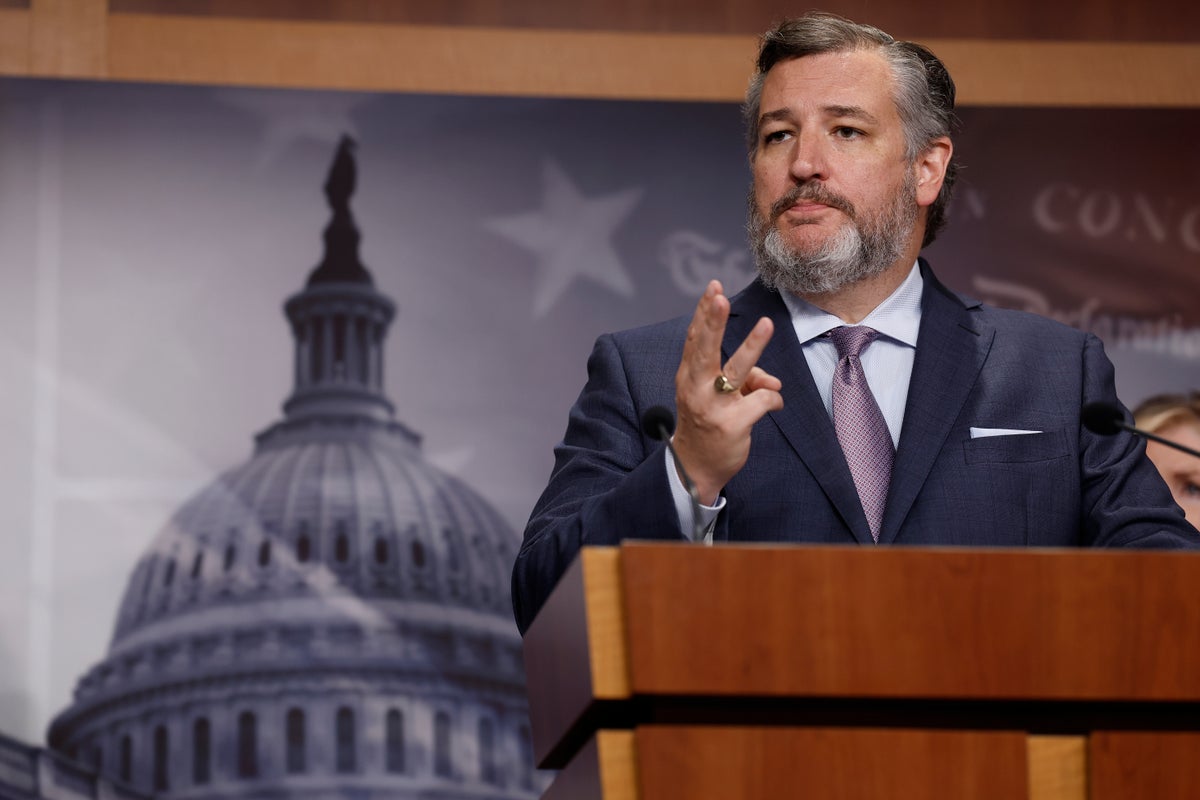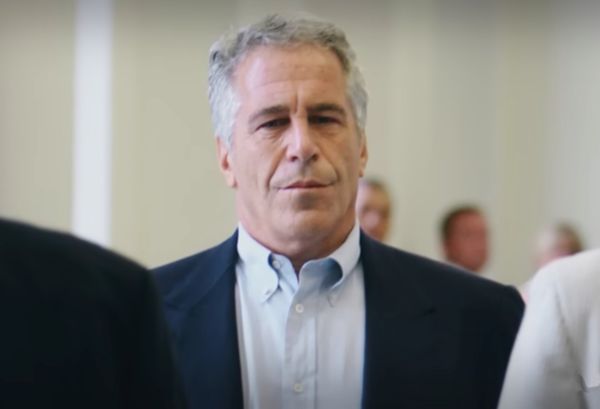
A group of conservatives in the US Senate are pushing to drive a wedge between military aid for Ukraine and Israel at a time when passing legislation to support the former seems more uncertain than ever.
The senators, including JD Vance, Ted Cruz, Mike Lee and Roger Marshall, are hoping to force Senate leadership to separate a planned funding package for Ukraine and Israel into two pieces of legislation. Opposition to aid for Ukraine is sharply growing among conservatives in the Senate and House in particular, with some arguing that continued support for such a cause risks further escalating the conflict into a global war.
Last week, the White House submitted a supplemental budget request to Congress requesting $105bn in funding for three areas: Ukraine, Israel, and security measures along the US-Mexico border. Republicans have long been urging the Biden administration to act on border security, making a combined bill all the more politically risky for GOP lawmakers to oppose.
Mr Marshall’s legislation was first reported by The Wall Street Journal.
“My colleagues and I firmly believe that any aid to Israel should not be used as leverage to send tens of billions of dollars to Ukraine,” the Kansas Republican senator told the newspaper.
Leadership of both parties in the Senate remain opposed to the idea; Senate Minority Leader Mitch McConnell specifically stated that he did not believe the two issues should be separated in a series of interviews with news networks over the weekend. Speaking with CBS News, he alluded to the reason for the two being lumped together: Concern that his party will be unable to rally enough support for Ukraine funding in the House.
“I know there are some Republicans in the Senate, and maybe more in the House, saying Ukraine is somehow different. I view it as all interconnected,” he said on Face the Nation.
Military leaders such as the departing chairman of the Joint Chiefs of Staff, Gen Mark Milley, continue to argue that supporting Ukraine’s defensive war against Russia remains an important geopolitical objective for the US given the need to counter Russia’s military aggression in the immediate future. Not doing so, Mr Milley told CBS’s Norah O’Donnell in a recent interview, would “increase the probability of a great power war in the next 10 to 15 years”.
"If Ukraine loses and Putin wins, I think you would be certainly increasing, if not doubling, your defense budget in the years ahead,” Gen Milley added to CBS News.
But the political realities in the House around the issue remain uncertain, especially given the election of a new Speaker, Mike Johnson, on Wednesday.
Mr Johnson has never specifically come out in opposition to funding for Ukraine; however, he holds the unenviable position of wrangling an unruly Republican caucus that is far from decided on the issue, and the strongest opponents of further funding for Ukraine in the chamber are the same members who just led the successful ouster of his predecessor, Kevin McCarthy. He has also voted against government funding measures that included Ukraine funding alongside other general government spending.
The Speaker gave indications earlier this year that he could support further aid to Ukraine only if oversight measures are implemented to track how the aid is used by Ukrainian officials after it is approved. The new Speaker called for such measures during a hearing of the Armed Services Committee earlier this year.







